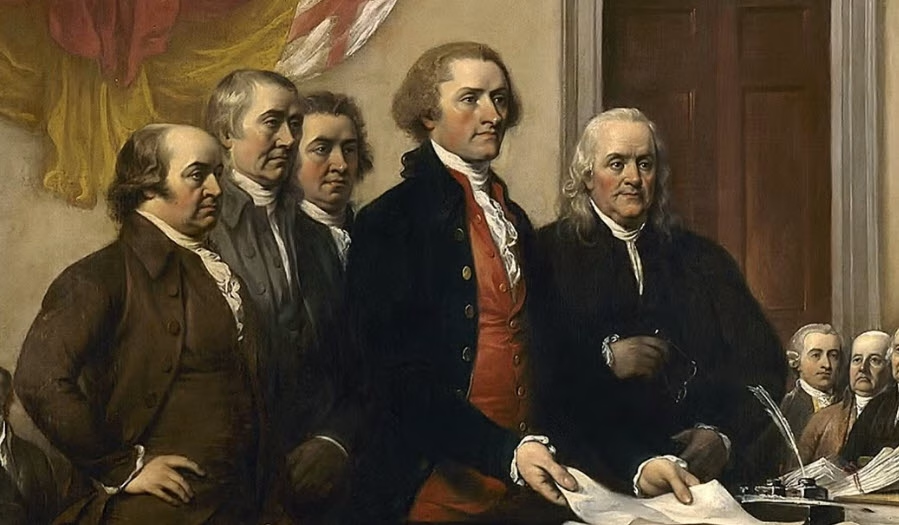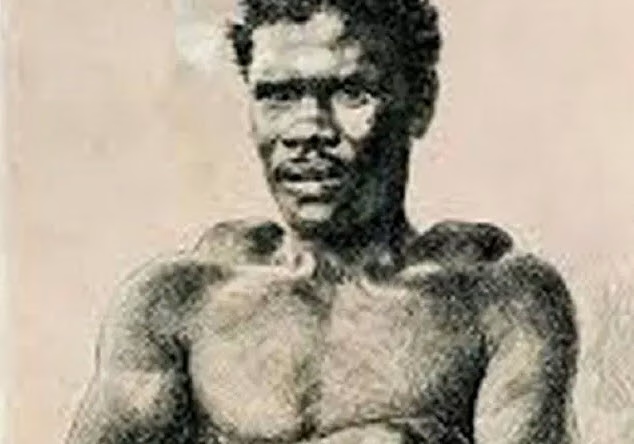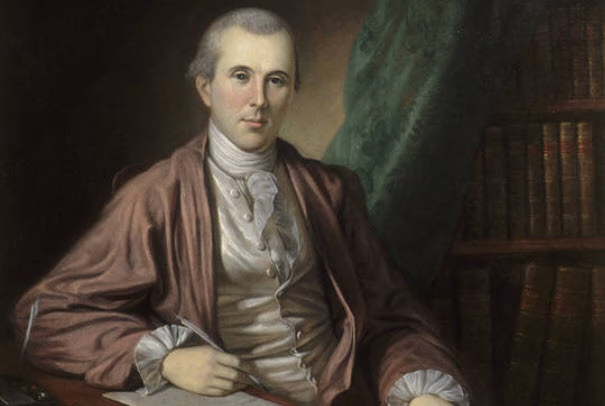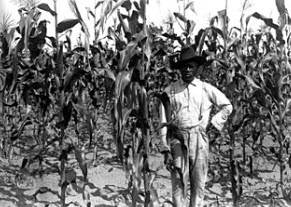
When we think of great mathematicians, names like Pythagoras, Newton, and Euler often come to mind—figures who shaped the study of numbers and left behind writings for generations to learn from. Yet, there exists a remarkable story of a man who, without books, schools, or even the ability to read or write, astonished all who met him. That man was Thomas Fuller (1710–1790), an enslaved African brought to Virginia, who became known across the colonies as the “Virginia Calculator.” His extraordinary mind made him a living legend in the 18th century, and his story remains a powerful reminder of both human potential and the injustices of slavery.
Early Life in Africa and Enslavement

Thomas Fuller was born around 1710 in Africa, likely in a region near present-day Liberia. As a boy, he was kidnapped and forced into the Atlantic slave trade—a fate that tragically befell millions during that era. At the age of 14, Fuller arrived in colonial America, where he was sold into slavery in Virginia.
Unlike many enslaved Africans who struggled with the brutal realities of plantation labor, Fuller possessed a unique gift: a mind attuned to numbers. Yet, because of slavery, he never learned to read or write English and never received formal education. All his genius was natural, springing from his own remarkable capacity to calculate with lightning speed and flawless accuracy.
The Making of a Human Calculator
Over the decades, word spread of Fuller’s abilities. His enslavers and neighbors soon realized he could solve complex mathematical problems faster than most trained men with pen and paper. He could multiply, divide, square, or extract roots of enormous numbers in his head—often giving an answer in seconds.
This reputation earned him the nickname “the Virginia Calculator.” Visitors traveled to see him, sometimes skeptical and ready to test him with difficult problems, but they always left astonished at his quickness and precision.
Famous Examples of Fuller’s Genius
Several well-recorded instances demonstrate Fuller’s brilliance:
- The Man’s Lifetime in Seconds
Fuller was once asked: “How many seconds has a man lived who is 70 years, 17 days, and 12 hours old?”
In less than two minutes, Fuller replied: 2,210,500,800 seconds.
The men who had posed the problem thought he was wrong, because their own written calculation gave a slightly different figure. But when Fuller calmly explained that they had not accounted for leap years, they redid the math and discovered that he was correct, and they were wrong. - The Bushels of Corn
Fuller was asked how many bushels of corn could grow in a field eight miles square, if each acre produced 30 bushels. He immediately answered: 5,734,080 bushels. Those present, after laboring over paper, confirmed that he was right. - Large Multiplications and Divisions
On many occasions, he multiplied and divided numbers in the hundreds of millions with astonishing speed. Even trained mathematicians admitted that he not only outpaced them but also often pointed out errors in their own calculations.
Fuller in the Eyes of His Contemporaries

At a time when many in colonial America argued that Africans were inferior in intellect, Fuller’s gifts proved a powerful contradiction. His abilities were so well-known that Benjamin Rush, a signer of the Declaration of Independence and respected physician, documented Fuller’s feats. Rush used Fuller’s case to argue against racist assumptions, noting that his extraordinary talent showed the intellectual capacity enslaved Africans possessed, even when denied education.
Fuller’s fame thus transcended mathematics. He became a living example used by abolitionists to demonstrate the injustice of slavery. If a man born free in Africa and enslaved in America could perform such wonders with numbers, what might he have accomplished if given the chance to study in freedom?
Life in Bondage

Despite his fame, Thomas Fuller remained enslaved all his life. He lived and worked on a Virginia plantation until his death in 1790 at about 80 years old. Unlike some enslaved men whose talents earned them manumission (legal freedom), Fuller never gained his liberty. His story, therefore, is bittersweet: while his genius was admired, it was never enough to overcome the chains of the system that bound him.
Legacy and Historical Importance
Fuller’s story continued to circulate long after his death. Abolitionists in the 18th and 19th centuries used him as an example to argue that Africans were no less intelligent than Europeans. His case appeared in writings, speeches, and newspaper accounts, often cited as evidence that slavery robbed the world of untold contributions from brilliant minds forced into bondage.
Today, Fuller’s legacy lives on as part of African American history and mathematical history. He is remembered not only as a prodigy but also as a symbol of resilience: a man whose genius thrived despite a world that sought to silence him.
Fuller in the Larger Context of African Genius
Thomas Fuller was not alone in displaying intellectual brilliance among enslaved Africans. Many others contributed innovations in agriculture, architecture, medicine, and art. Yet his case stands out because his abilities were purely mental, leaving no physical tools or writings to measure. His mind itself was the instrument, and those who tested him had no choice but to admit his superiority.
In this way, Fuller represents the larger story of African contributions to American society: too often ignored, too often uncredited, but undeniable when brought to light.
Conclusion
The life of Thomas Fuller, the Virginia Calculator, is both inspiring and tragic. Inspiring because it shows how human genius can shine even in the darkest of circumstances. Tragic because Fuller, like millions of others, lived and died in bondage, never free to pursue the full range of his talents.
Still, his story challenges us to rethink the narratives of history. It reminds us that brilliance is not confined by race, education, or circumstance. It reminds us, too, of the immense human potential that slavery suppressed.
Thomas Fuller’s name deserves to be remembered alongside the great thinkers of his time—not because he wrote books or held a university post, but because, against all odds, he proved that the human mind, no matter where it is born or how it is bound, can rise above injustice and astonish the world.